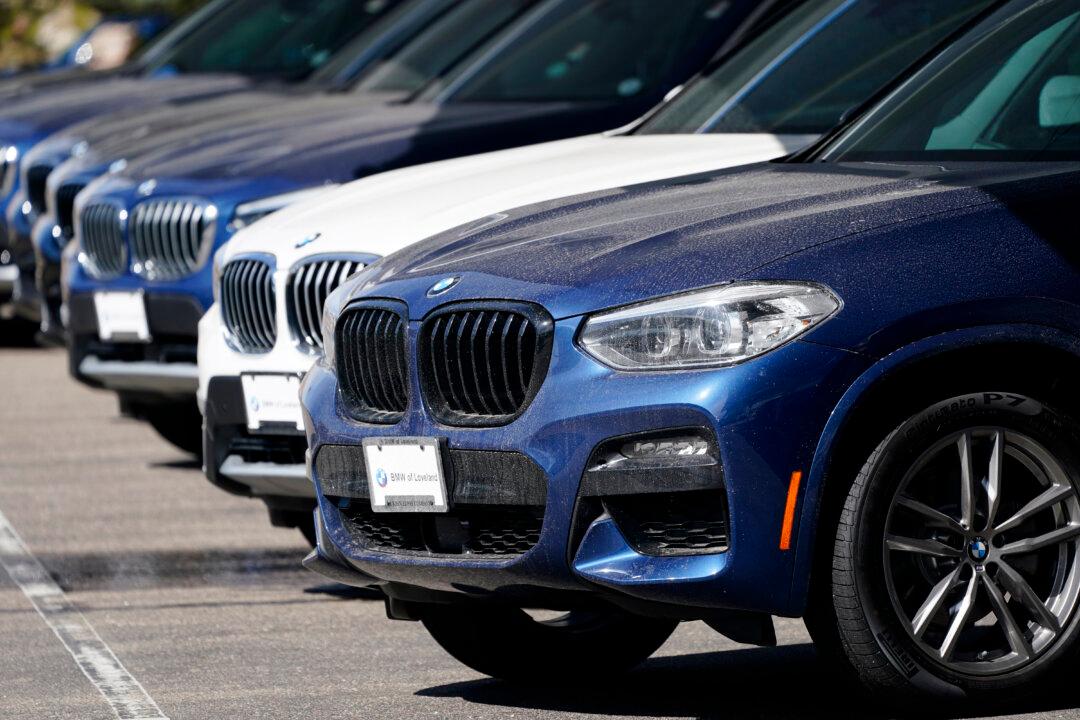BMW of North America has issued a recall of more than 291,000 SUVs in the United States because the interior cargo rail can detach during a crash, increasing the risk of injury.
The recall covers certain X3 SUVs, including the X3 sDrive30i, X3 M40i, and X3 M, from the 2018–23 model years, according to documents posted by the National Highway Traffic Safety Administration.





